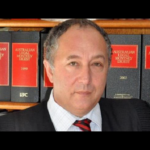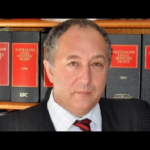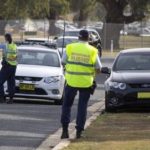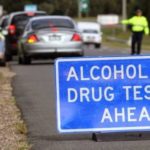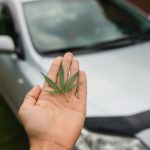SA Police Advertise That Drug Driving Laws Target the Unimpaired
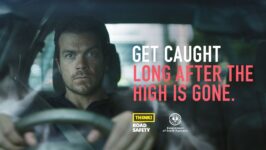
Random breath testing (RBT) for alcohol was introduced across Australian jurisdictions in the 70s and 80s.
These laws succeeded in not only significantly reducing road fatalities, but, as a 2017 paper put it, they turned “a common practice” into a “highly stigmatised criminal behaviour”.
The roadside testing of drivers for alcohol in their blood is an effective – and hence respected – means of maintaining road safety, as the levels tested for have been scientifically proven to impair drivers if they’ve exceeded them.
The same, however, can’t be said for drug driving laws, as, right across this nation, state police test drivers on the side of the road not for the level or concentration of selected illicit substances in their system, but for any trace of these drugs, no matter how minute or how old.
This backdoor means of punishing civilians for taking illicit substances fails to deal with the issue of drug driving in a way that could improve road safety. And these reasons are why health experts, politicians and justice advocates have been conducting a sustained campaign against them.
But, despite all this, South Australia police took a different approach this year: instead of continuing on with the don’t drive whilst impaired by drugs rhetoric, it actually launched an advertising campaign in which the premise was its officers are charging drivers “long after the high is gone”.
Flaunting the injustice
SA police launched its Get Caught Long After the High Has Gone campaign on New Year’s Day. It included adverts featuring drivers who were about to be charged with drug driving despite not being impaired: one had been smoking cannabis at an earlier stage, the other methamphetamine.
“If you have smoked cannabis, don’t drive for at least 24 hours, even the smallest amount detected will cost your licence,” the voiceover man says. “Drug drive and you’ll get caught long after the high is gone”.
The same 24 hour timeframe is given in regard to ice.
Adelaide superintendent Bob Gray told a press conference on 2 January, that the campaign was about dealing with the 24 percent of road fatalities that are drug-related.
The officer added that one out of every nine drivers tested for drug driving in his state proves positive for drugs in their system, yet he failed to indicate that this means they could have been completely unaffected by drugs at the time.
“Today’s launch aims to highlight the fact that drugs remain in your system well after being consumed,” Gray explained. Then he went on to make the unfounded claim that after the drugs have worn off, they “continue to impair your ability to operate a motor vehicle”.
In taking this logic further, SA police might commence penalising drivers for being under the permitted blood alcohol limit of 0.05, because any trace of a drug, such as alcohol, in a person’s system could be impairing their driving.
Such a scenario would likely see random breath testing for alcohol become a “highly stigmatised” police behaviour.
Unscientific advice
A further dodgy aspect to the SA police “road safety” campaign is the waiting “at least 24 hours” before driving advice it gives to the general public. This is especially so when it comes to cannabis.
Opinions differ as to how long THC – the psychoactive component of cannabis – can continue to be detected in oral fluid after use, but one 2013 US medical report suggested the substance can stick around in a person’s system for anywhere between 3 to 29 days, depending on their prior use.
Former Lismore Magistrate David Heilpern made a number of significant judgements in relation to drug driving cases. He once ruled a driver was not guilty for drug driving as the man had last smoked cannabis nine days prior, while a woman was found to have tested positive for second hand smoke.
These days, Heilpern is spending a good amount of his time campaigning for drug driving law reform as he presided over numerous cases where people appeared before him claiming they’d fallen short of these laws simply because they tested for the mere presence of cannabis and weren’t impaired.
“It just doesn’t make any sense to be taking people off the road, who are not ill-affected by whatever substance they’re consuming,” Mr Heilpern told Sydney Criminal Lawyers back in June. And he added that in terms of these laws, there has been “no associated reduction in the road toll”.
However, it seems that as far as South Australia police is concerned, it’s function of penalising citizens trumps any need for justice in drug driving laws or road safety.
Going to court for a traffic offence?
If you are going to court for a traffic offence, call or email Sydney Criminal Lawyers anytime to arrange a free first consultation with an experienced, specialist traffic lawyer who will accurately advise you of your options, the best way forward, and fight for the optimal outcome in your specific situation.


